Energy efficiency isn’t just a buzzword; it’s a key consideration for homeowners looking to save on utility bills and reduce their carbon footprint. As a home inspector, understanding the nuances of energy-efficient features can make a significant difference in assessing a property’s value and performance. Here’s a guide to help you navigate these essential elements during your inspections.
The Importance of Energy Efficiency in Modern Homes
Modern homes increasingly incorporate energy-efficient features designed to lower energy consumption and enhance comfort. These features not only benefit the environment but also offer homeowners substantial cost savings over time. As an inspector, recognizing and evaluating these features can provide your clients with crucial insights into the home’s true value and operational costs.
Key Areas to Focus On
Insulation and SealingStart with the basics: insulation and sealing. Proper insulation in the attic, walls, and floors plays a crucial role in maintaining indoor temperature. Check for high-quality materials like spray foam, fiberglass, or cellulose. Inspect for gaps or insufficient coverage, especially in older homes where insulation might be outdated or degraded.Pay close attention to windows and doors as well. Energy-efficient models typically have multiple panes, low-E coatings, and gas fills like argon or krypton. Ensure seals are intact to prevent drafts, which can significantly affect a home’s energy performance.
HVAC Systems
Modern heating, ventilation, and air conditioning (HVAC) systems can drastically reduce energy consumption. Look for Energy Star-rated units, which meet strict efficiency guidelines set by the EPA. Assess the age and condition of the system; newer units often incorporate advanced technologies like variable-speed motors and smart thermostats.Don’t forget to check the ductwork. Poorly sealed or insulated ducts can leak air, reducing overall efficiency. Ensure ducts are properly sealed with mastic or metal tape, not just duct tape.
Water Heating
Water heating accounts for a significant portion of home energy use. Inspect for energy-efficient water heaters, such as tankless models or heat pump water heaters. These systems heat water on demand or transfer heat rather than generating it, providing considerable energy savings.Check for proper installation, including appropriate venting and insulation around pipes, to ensure optimal performance.
Windows and Doors
Windows and doors are critical components in a home’s energy efficiency. Double or triple-pane windows with low-emissivity (Low-E) coatings can significantly reduce heat loss. Evaluate the framing materials; vinyl, wood, and fiberglass frames offer better insulation compared to aluminum.Ensure that all windows and doors fit tightly within their frames and that weather stripping is intact. Gaps can lead to substantial energy loss, undermining other energy-efficient features.
Lighting and Appliances
LED lighting and Energy Star-rated appliances contribute significantly to a home’s energy efficiency. During your inspection, note the type of lighting installed and the age and efficiency of major appliances like refrigerators, ovens, and washers.Newer appliances often come with smart features that optimize energy use, so consider their presence and functionality when assessing the home’s overall efficiency.
Renewable Energy Sources
More homes now feature renewable energy sources like solar panels or geothermal systems. If the property includes these technologies, inspect the installation quality and condition of the equipment. Ensure that solar panels are securely mounted and free from obstructions that could reduce their efficiency. Check the inverter and battery storage systems, if present, for proper operation and maintenance. For geothermal systems, evaluate the condition of the heat pumps and loop fields.
Providing Value to Your Clients
As you inspect homes with these energy-efficient features, your expertise can greatly influence your clients’ decisions. Highlighting the presence and condition of these elements can reassure buyers of the home’s long-term value and cost savings. Conversely, identifying deficiencies can provide leverage for negotiations or prompt necessary upgrades.
By staying informed about the latest in energy-efficient technology and standards, you can offer valuable, actionable insights that go beyond the surface. Your thorough inspection helps clients make informed decisions, ensuring they invest in a home that meets their energy efficiency expectations.
Inspecting homes with energy-efficient features demands a keen eye and updated knowledge, but it ultimately leads to better outcomes for homeowners and the environment alike. Keep these focus areas in mind, and you’ll provide a service that truly stands out in today’s market.
